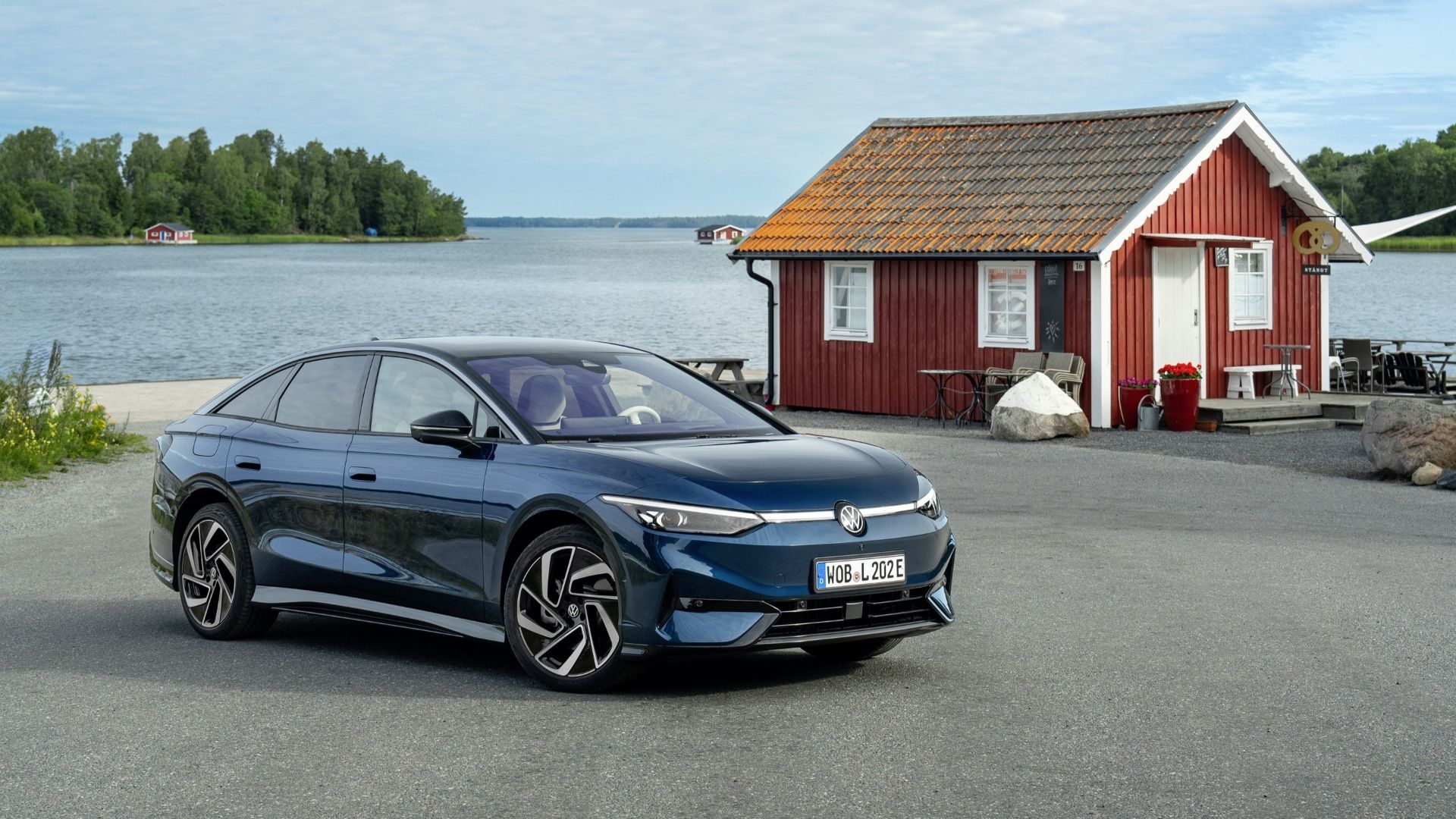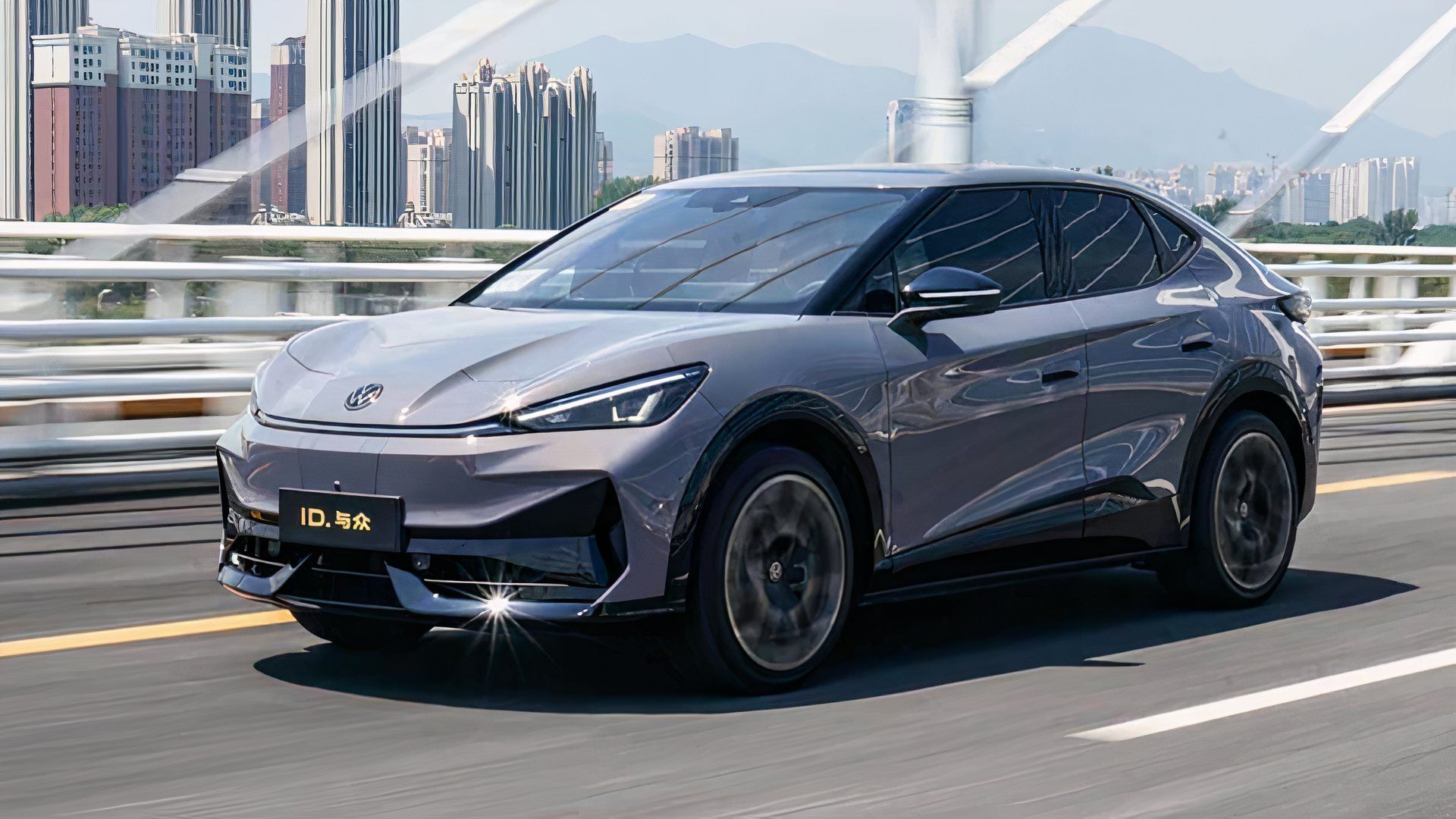You’d think that with the rapid expansion of domestic Chinese carmakers – and the sheer number of upstart carmakers – the sales leaders in China would be brands like BYD, Geely or Nio. Yet, no. Up until very recently, foreign carmakers, both from Europe and the U.S. were doing rather well in the Asian market, so much so, that some of them, like the Volkswagen Group, have been at the very top of the pyramid for quite some time now, outselling every other brand there. But that era is now behind us, because Chinese carmakers have just recently taken that crown. And, by a large margin, too, signaling more bad news for VW.


Related
Xiaomi Sold More Than 130,000 Vehicles In Nine Months
This is impressive considering Xiaomi Automobiles is only three years old.
In China, BYD Sold Almost One Million More Cars Than VW
Unsurprisingly, it was BYD that took the sales lead in China last year, with a whopping 3.84 million cars sold. On a global scale, and even while facing strict import tariffs, the Chinese giant still managed to ship 4.27 million cars. That’s a 41-percent increase over the previous year.
Volkswagen Group, on the other hand, which also includes Audi and Porsche, still sold an impressive number of cars in China, but simply couldn’t hold off BYD’s sales tsunami. VW Group ended 2024 with 2.93 million cars sold, almost a full million less than its Chinese rival. More importantly, that number actually illustrated a solid drop in sales of German cars in China. For the VW Group as a whole, we’re talking about a 9.5-percent decrease over 2023’s 3.24 million cars. Here’s the detailed 2024 sales rundown for each of VW’s brands sold in China:
2024 Volkswagen Group Sales In China
|
Number Of Cars Sold In 2024 |
Percentage Difference |
|
|
Volkswagen |
2.2 Million |
-8.3% |
|
Audi |
649,434 |
-11% |
|
Porsche |
56,887 |
-25% |

Add TopSpeed to your Google News feed.
What Happened To VW In China?
The phenomenon is not just proper to VW, but all carmakers that aren’t Chinese. Through heavy incentives, China supercharged its local automotive sector to allow it to become more competitive on a global scale. The end result is simply more technologically advanced, better-built and better-performing vehicles sold at more affordable price points. This aggressive push on electric vehicles (EVs) has led to rapid economies of scale, which in turn led to lower production costs, leading to cheaper cars. This puts tremendous pressure even on juggernauts like Volkswagen.
In order to mitigate the damage on Chinese soil, Volkswagen is closing plants, but is also trying to secure partnerships with local manufacturers like Xpeng. VW also launched a new EV brand in China called ID.UNYX in an attempt to target a younger demographic, with pricing set between 209,900 and 249,900 yuan (or $28,900 and $34,400 USD). For now, only one model is available, a compact coupe electric SUV, smaller than an ID.4, offering up to 385 miles of range on a single charge, according to the China Light-Duty Vehicle Test Cycle (CLTC).
Back home in Germany, VW Group announced its intentions to shutter local manufacturing facilities last fall, but faced serious union backlash for doing so. The union won, forcing VW to keep its German plants open for at least a few more years. But that won’t stop the carmaker from laying off 35,000 people by 2030 “in a socially responsible way“, as per the union’s agreement. Capacity at VW’s German plants will be reduced to about a quarter of where it stands now. Tough times indeed for the German auto industry. We’ll keep following the VW saga closely and will report back here as it develops.

